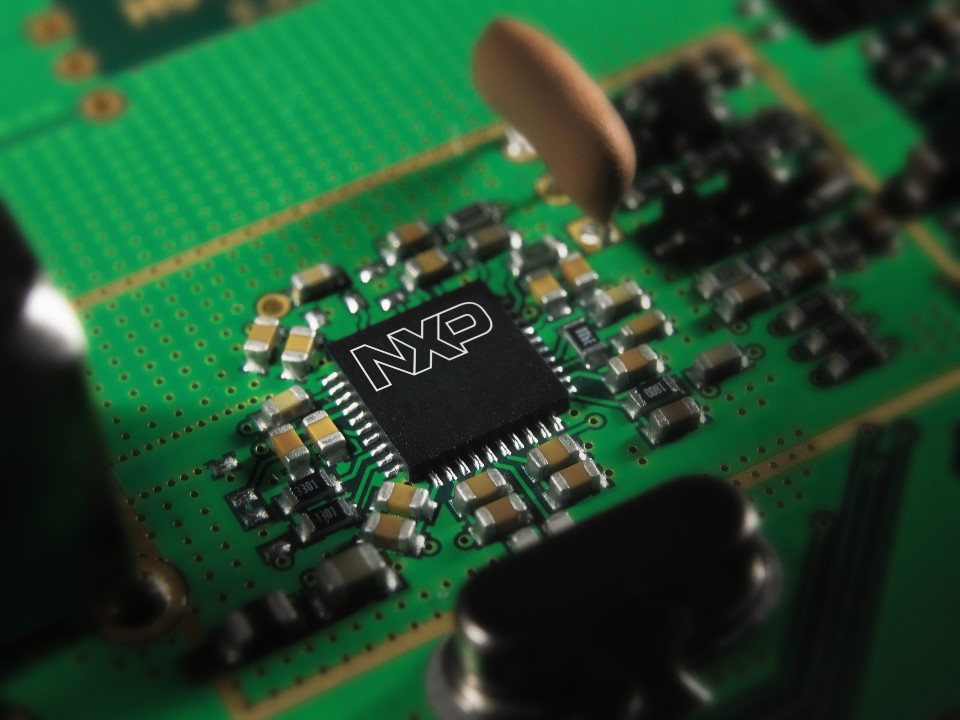As the chip industry continues to thrive, Singapore has emerged as a favored destination for chip production, solidifying its role as a key production hub. With the backing of the government and enticing incentives, major players in the industry are increasingly drawn to Singapore.
This bustling city-state offers numerous advantages, including its strategic location in Asia, stable political and economic environment, advanced infrastructure, and skilled workforce. Moreover, Singapore's robust intellectual property protection ensures the security of valuable innovations.
As we delve further into this discussion, it is crucial to explore the reasons behind the industry's doubling down on Singapore and the potential implications for the global supply chain.
Singapore's Growing Role in Chip Industry
Singapore's growing role in the chip industry is evident through its position as a prominent production hub and its ability to attract major players in the global supply chain.
The government's support and collaboration opportunities have played a crucial role in Singapore's success in this industry. The government has implemented various initiatives to support the growth of the chip industry, such as providing financial incentives and grants to companies involved in chip manufacturing, research, and development.
These initiatives have helped to attract major semiconductor companies to set up their operations in Singapore, leveraging the country's advanced infrastructure and skilled workforce.
The government has also fostered collaboration opportunities by establishing research partnerships between industry players, academia, and research institutions. This collaborative approach has enabled Singapore to stay at the forefront of technological advancements in the chip industry and maintain its competitive edge in the global market.
Advantages of Singapore as a Production Hub
Singapore offers several key advantages that make it an attractive production hub for the chip industry. With its strategic location in Asia, stable political and economic environment, advanced infrastructure and logistics, skilled workforce, and strong intellectual property protection, Singapore has become a preferred destination for chip manufacturers. The government's support and incentives further bolster its appeal, providing a conducive environment for the industry to thrive.
To illustrate the advantages of Singapore as a production hub, the following table highlights some key factors:
| Advantages | Description |
|---|---|
| Strategic location in Asia | Positioned at the crossroads of global trade, providing easy access to major markets |
| Stable political and economic environment | Offers a business-friendly climate with robust legal framework and transparency |
| Advanced infrastructure and logistics | Well-developed transportation networks, ports, and industrial parks for efficient operations |
| Skilled workforce and talent pool | A highly educated and skilled workforce, supported by a strong emphasis on technical education |
| Strong intellectual property protection | Stringent legal framework and enforcement to safeguard intellectual property rights |
These advantages have solidified Singapore's position as a leading production hub in the chip industry, attracting major players and driving its growth.
Promising Growth and Potential of Chip Industry
The chip industry is poised for promising growth and holds significant potential for technological advancement and innovation. With the increasing demand for semiconductors and the emergence of new technologies, the industry is experiencing a positive outlook.
The market value and revenue of the chip industry have been steadily growing, driven by various factors such as the rise of artificial intelligence, the Internet of Things, and 5G technology. These emerging technologies require advanced chip designs and manufacturing processes, creating opportunities for innovation and collaboration within the industry.
As companies strive to develop more powerful and efficient chips, there is a need for research and development, as well as partnerships between chip manufacturers and technology companies. By leveraging these opportunities, the chip industry can continue to thrive and contribute to technological advancements in various sectors.
Our Reader’s Queries
What percentage of semiconductors are made in Asia?
Taiwan, South Korea, and China are the powerhouses behind over 90% of the world’s semiconductor foundry revenue. Taiwan, in particular, dominates the market with a staggering 60% share. This is largely due to the impressive Taiwan Semiconductor Manufacturing Company (TSMC), the largest pure-play semiconductor foundry in the world. With such a strong presence, it’s no wonder these countries are leading the charge in the semiconductor industry.
Which country produces the most microchips?
The semiconductor industry is a force to be reckoned with, and the numbers don’t lie. SEMI, the semiconductor lobby organization, reports that a whopping 70 percent of manufacturing capacity is concentrated in South Korea, Taiwan, and China. The Americas, on the other hand, rank fifth on the list, with Japan taking the lead with a 13 percent share in 2022. It’s clear that the competition is fierce, and those who want to succeed in this industry need to stay ahead of the game. With cutting-edge technology and innovative strategies, the possibilities are endless.
Which country has become the largest market for semiconductors?
As the reigning champion of the semiconductor market, China boasts a staggering 31.4% of global final sales, raking in a whopping US$180 billion out of the US$574 billion total in 2022. And that’s not all – IC imports alone made up a staggering 15.3% of China’s total imports last year, with a value of US$415.6 billion. It’s clear that China is a force to be reckoned with in the world of semiconductors, and its dominance shows no signs of slowing down anytime soon.
Why is Taiwan so good at making chips?
Taiwan’s prowess in OEM wafer manufacturing and a comprehensive industry supply chain has propelled it to the forefront of microchip manufacturing, enabling it to reign supreme in the global market. Its exceptional capabilities have set it apart as a leader in the field, leaving competitors in the dust.
Also Read : Cement consumption accumulates four months of falls
Read More Financial News On The Conway Bulletin.

